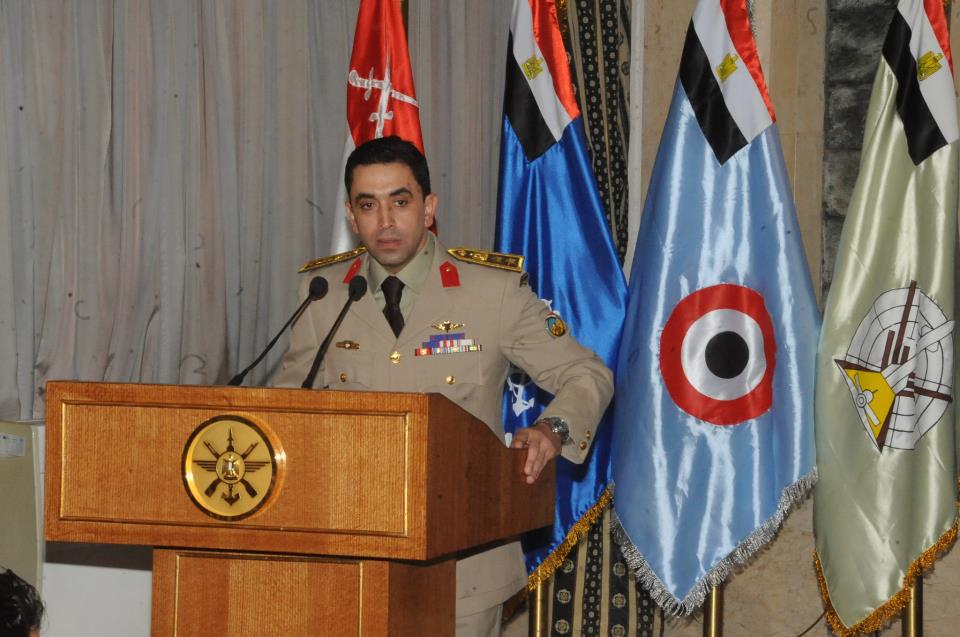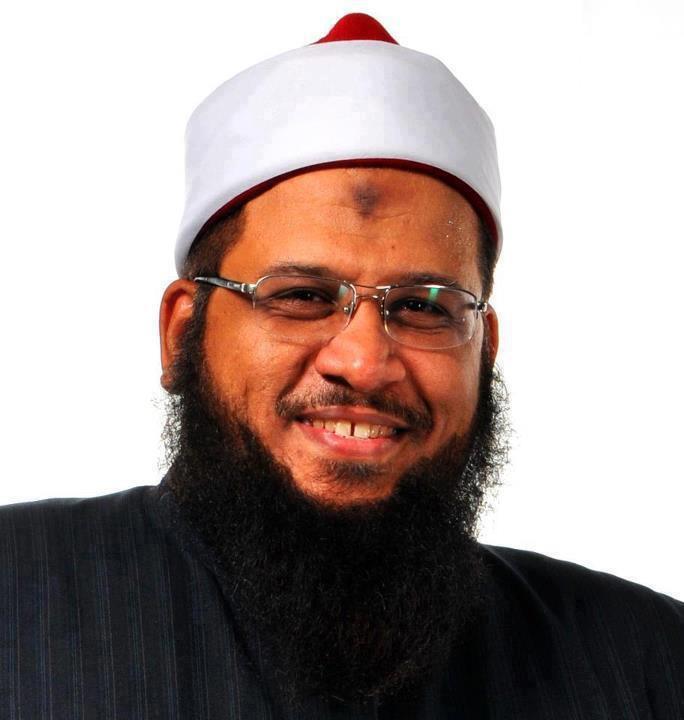Foreign Minister Ahmed Abul-Gheit calls for immediate cessation of violence
BEIRUT: Israeli troops met fierce resistance from Hezbollah militants Thursday as they crossed into Lebanon to seek tunnels and weapons for a second consecutive day as Israel refused to rule out a full-scale invasion.
Israeli warplanes also launched new air-strikes on Beirut s southern suburbs, a Hezbollah stronghold, shortly after daybreak Thursday, followed by strikes in the militant s heartland in the south and eastern Bekaa Valley.
The strikes came after a wave of bombings Wednesday killed as many as 70 people, according to Lebanese television, making it the deadliest day since the fighting began on July 12.
Israel and Hezbollah must stop fighting immediately so that the international community can help them resolve their dispute, Egyptian Foreign Minister Ahmed Abul-Gheit said Thursday.
His position differed from that of Britain and the United States, who have said it is more important to lay the groundwork now for a long-term settlement.
There will not be a military solution for this issue, Aboul Gheit said at a news conference with British Foreign Secretary Margaret Beckett.
No matter how much force is used for how long, it will not achieve the objective, the objective has to be a political settlement, Gheit said.
The UN Security Council and the international community must help the two reach such an agreement, he said.
Russia sharply criticized Israel over its onslaught against Lebanon, now in its ninth day, sparked when Hezbollah militants captured two Israeli soldiers. The Russian Foreign Ministry said Israel s actions have gone far beyond the boundaries of an anti-terrorist operation and repeating calls for an immediate cease-fire.
At least 306 people have been killed in Lebanon since the Israeli campaign began, according to the security forces control room that collates casualties. In Israel, 29 people have been killed, including 14 soldiers. The UN has said at least a half million people have been displaced in Lebanon.
Israel s series of small ground forays across the border have aimed to push back Hezbollah militants who have continued to fire rockets into northern Israel despite more than a week of massive Israeli bombardment against them, raising the question of whether air power alone can suppress them. Militants fired 25 rockets into Israel on Thursday, which caused no casualties.
But the militants have been fighting back hard on the ground, wounding three Israeli soldiers Thursday a day after killing two. On Thursday, an Israeli unit sent in to ambush Hezbollah militants had a fierce gunbattle with a cell of militants.
In another clash, just across the border from the Israeli town of Avivim, militants fired an anti-tank missile at an Israeli tank, seriously wounding one soldier. Hezbollah said in a statement that its militants destroyed two Israeli tanks as they tried to enter the Lebanese border village of Maroun Al-Ras, across from Avivim.
Israel has mainly limited itself to attacks from the air and sea, reluctant to send in ground troops on terrain dominated by Hezbollah.
But an Israeli army spokesman refused to rule out the possibility of a full-scale invasion. Israel also broadcast warnings into south Lebanon on Wednesday telling civilians to leave the region, a possible prelude to a larger Israeli ground operation.
There is a possibility; all our options are open. At the moment, it s a very limited, specific incursion but all options remain open, Capt. Jacob Dallal, an Israeli army spokesman, told The Associated Press on Wednesday.
An Italian paper quoted Lebanese Prime Minister Fuad Saniora on Thursday as making his strongest statement yet against the Shiite militant group. But Saniora s office quickly said he was misquoted.
The Milan-based newspaper Corriere della Sera quoted him as saying in an interview that Hezbollah has created a state within a state, adding: The entire world must help us disarm Hezbollah. But first we need to reach a cease-fire, Saniora told
But Saniora issued a statement denying the statement. He said he told the paper that the international community must help press Israel from Chebaa Farms, a small border area that Lebanon claims and Hezbollah points to as proof of the continued need for armed resistance.
Saniora told the paper that the continued presence of Israeli occupation of Lebanese lands in the Chebaa Farms region is what contributes to the presence of Hezbollah weapons. The international community must help us [to get] an Israeli withdrawal from Chebaa Farms so we can solve the problem of Hezbollah s arms, the statement said.
There was no immediate comment from the Italian paper. A day earlier, Saniora issued an urgent appeal for a ceasefire, saying his country has been torn to shreds.
Brig. Gen. Ido Nehushtan insisted the Israeli army never targets civilians but has no way of knowing whether civilians are in an area they are striking. Civilians might be in the area because Hezbollah is operating from civilian territory, Nehushtan said.
He said that Hezbollah has fired more than 1,100 rockets at civilian areas in Israel since the fighting erupted and that 12 percent, or about 750,000 people, of Israel s population currently live in areas that can be targeted by the group.
Israel said its air-strikes so far have destroyed about 50 percent of Hezbollah s arsenal, and it has been trying to take out its top leaders.
On Thursday, Israeli jets struck houses believed used by Hezbollah officials in the town of Hermel in the western Bekaa Valley, wounding at least three.
Five minutes later, Israeli fighter jets also attacked and destroyed a five-story residential and commercial building that reportedly once had a Hezbollah office in the Bekaa Valley city of Baalbek, a Hezbollah stronghold, witnesses said. There was no immediate word on casualties.
Two civilians were killed late Wednesday in strikes on bridges in Lebanon s far north, near Tripoli, the National News Agency said.
Israeli jets also raided a detention center in the town of Khiam in south Lebanon Thursday, witnesses and local TV said. The notorious Khiam prison, formerly run by Israel s Lebanese militia allies during its occupation of south Lebanon, was entirely destroyed in four bombing runs by Israeli jets, they said.
UN High Commissioner for Human Rights Louise Arbour criticized the growing death toll, saying the indiscriminate shelling of cities and of nearby military sites was invariably resulting in the deaths of innocent civilians.
International law demands accountability, Arbour said in Geneva. The scale of the killings in the region, and their predictability, could engage the personal criminal responsibility of those involved, particularly those in a position of command and control.
International pressure mounted on Israel and the United States to agree to a cease-fire. The rising death toll and scope of the destruction deepened a rift between the U.S. and Europe.
The Bush administration is giving Israel a tacit green light to take the time it needs to neutralize Hezbollah, but the Europeans fear mounting civilian casualties will play into the hands of militants and weaken Lebanon s democratically elected government.


